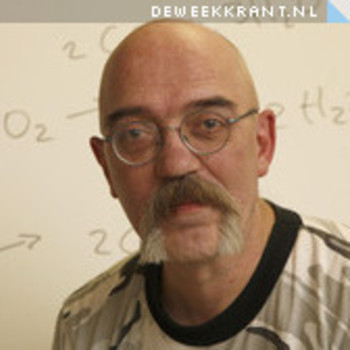If I pass dry air through solutions of 0.1 mol/L KCl and 6 mol/L HCl, which solution will lose mass?What will happen if I use moist air instead?
2 Answers
Some water of the first solution will evaporate into the dry air.
The more concentrated the solution, the more it will 'stick' to the water it's dissolved in.
The 6M solution will thus absorb a great part of the water vapour that came from the first solution. A small part of the second solution will evaporate, but not as much as was taken in.
Evaporation depends on the concentration of solvents.
Actually, both solutions will lose mass.
Explanation:
Dry Air
There is no moisture in dry air, so the partial pressure of the water is zero.
0.1 mol/L
The vapour pressure of pure water at 20°C is 2.4 kPa.
The dissolved KCl will reduce this slightly, perhaps to about 2.0 kPa.
When you pass dry air through the solution, water molecules will move into the dry air.
The
6 mol/L
In 6 mol/L
As you pass the moist air through the
But more hydrogen chloride will move into the air stream, and the


